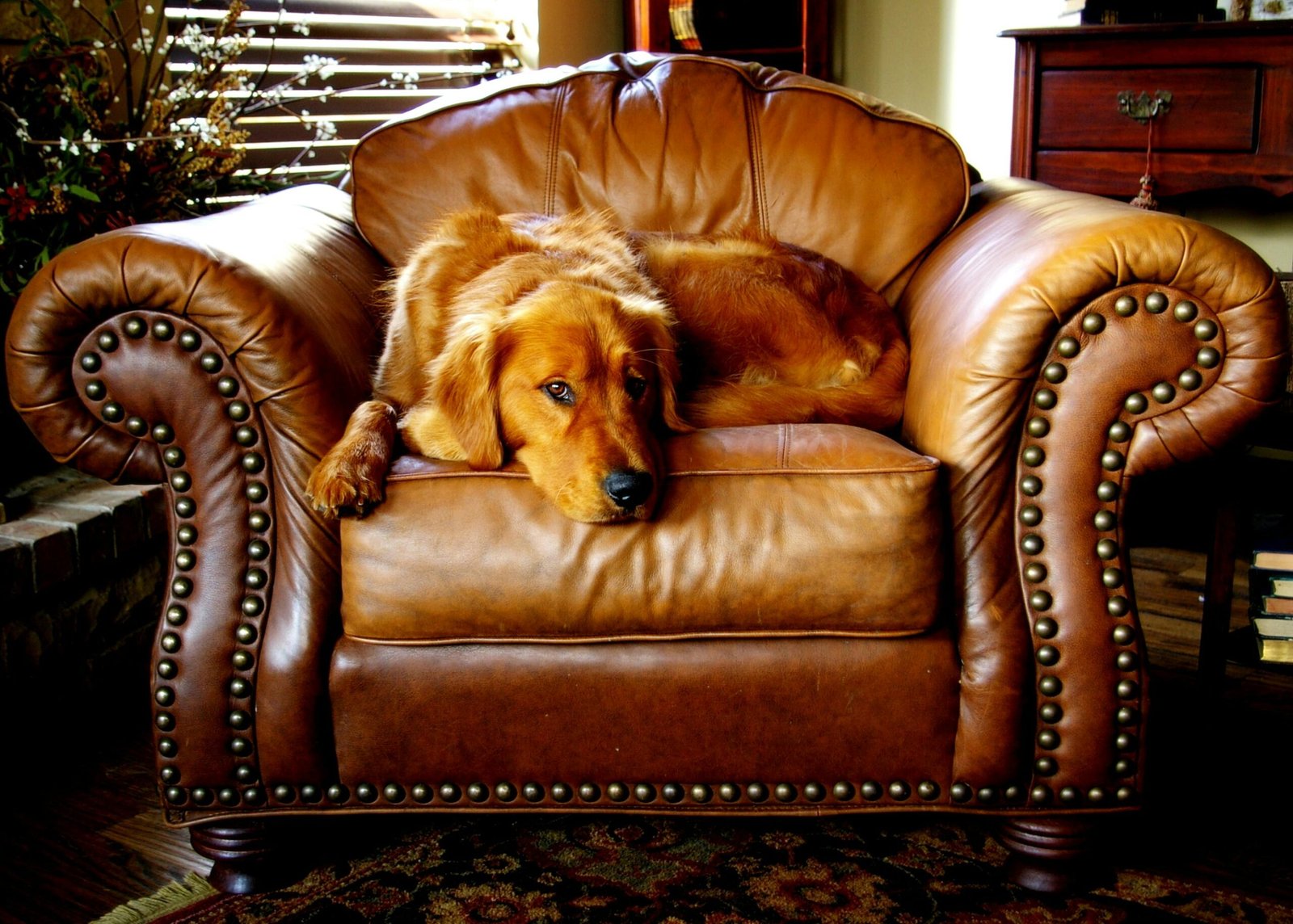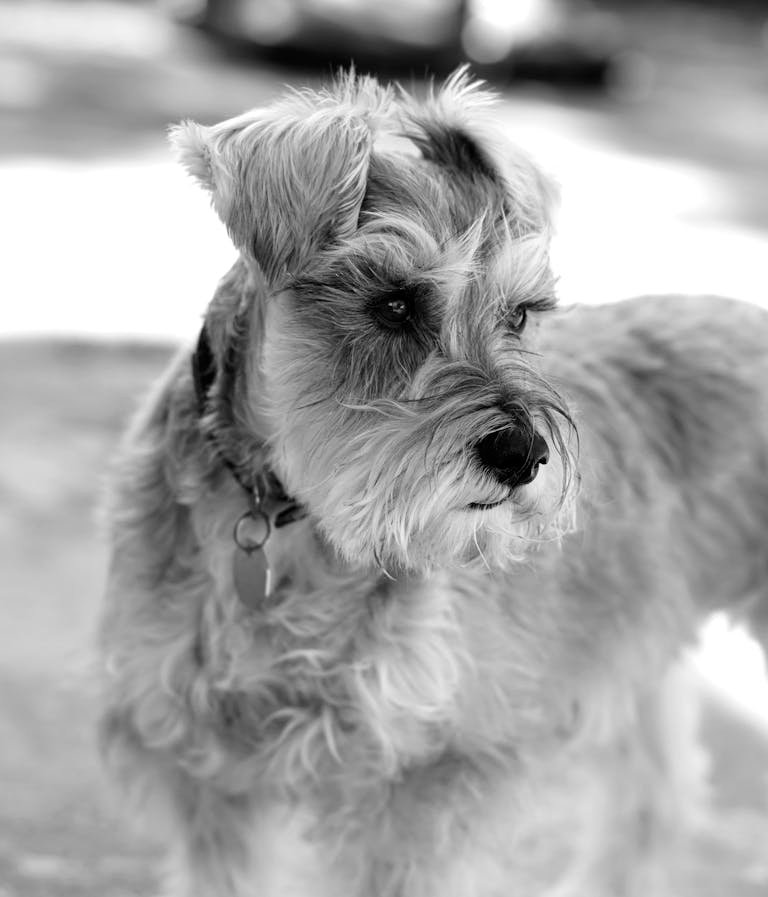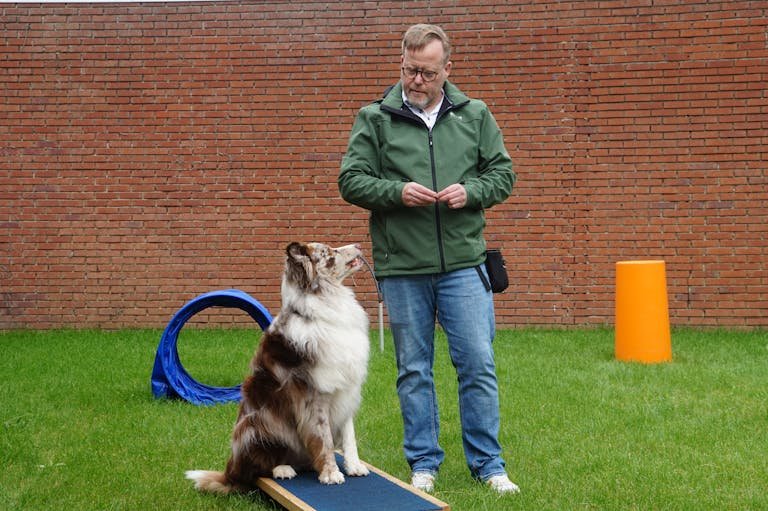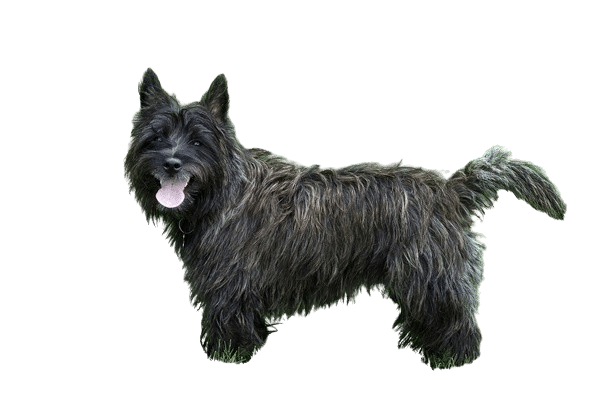Service dogs are invaluable companions for individuals with disabilities, providing essential support and enhancing their quality of life. While Labrador Retrievers, German Shepherds, and Golden Retrievers are often the first breeds that come to mind, there are several other breeds that also excel in service roles.
This article explores a range of service dog categories, their individual characteristics, and the optimal options for specific tasks or conditions.
Popular Service Dog Breeds
Labrador Retriever
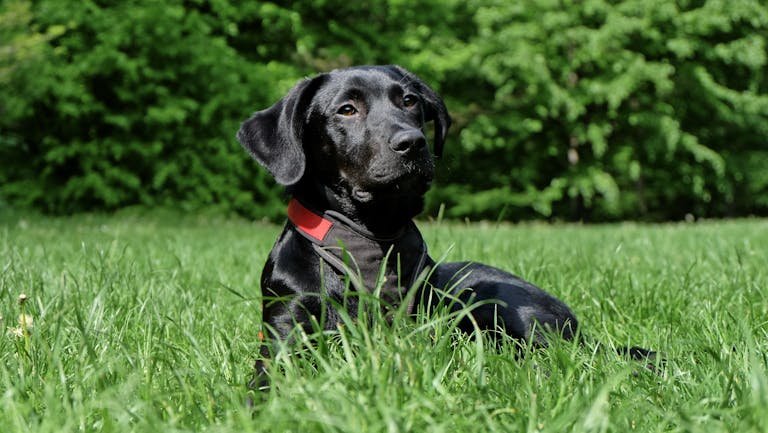
Labrador Retrievers are in high demand for service dog roles because of their remarkable trainability and effectiveness in supporting people with various needs.
People frequently employ these dogs as navigational aids for the visually impaired, recognizing their adaptability, which makes them both dependable and cherished companions.
Labradors have an affectionate nature, making them ideal for working as service animals. Their abilities range from guiding the visually impaired to supporting those with autism and offering emotional comfort.
One of the top traits of Labrador Retrievers is their love for work and their owners. They perform very well when trained properly and have a strong bond with their handlers.
Labradors also come in various sizes, allowing them to accommodate different needs depending on the individual’s requirements.
Overall, Labrador Retrievers are an outstanding option for anyone looking for a reliable and responsive service dog that will provide assistance in various tasks while being a loving companion at the same time.
Golden Retriever
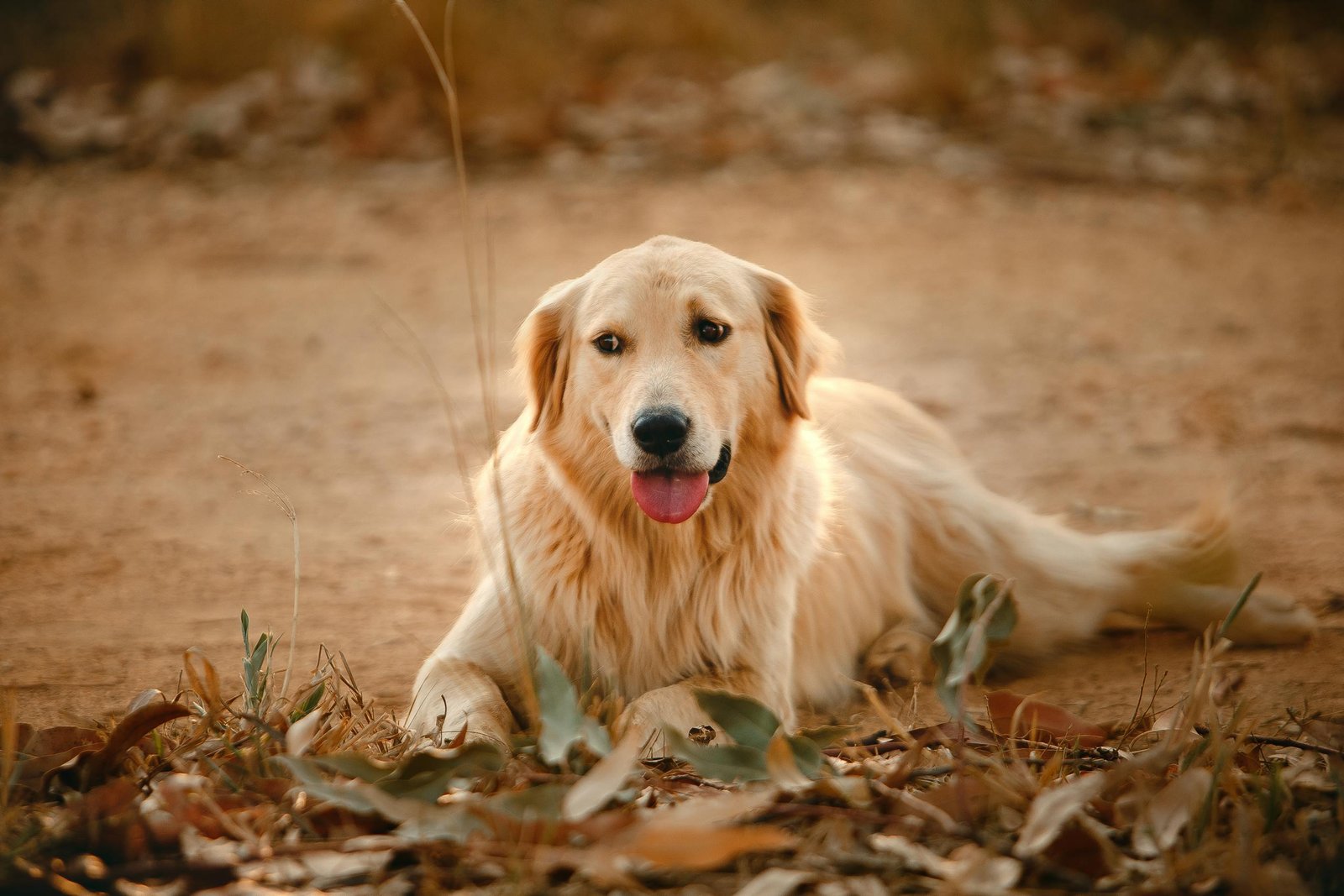
Golden Retrievers are one of the most well-regarded breeds for service dog training. These trainable canines are known for their ability to assist individuals with disabilities, making them a top choice as navigational aids and companion animals.
Golden Retrievers excel in tasks such as guiding the blind, assisting those with autism or physical disabilities, and providing emotional support to their owners. Their sociable disposition and love for people make them perfect candidates for public work as well.
Whether it’s being a guide dog, an emotional support animal (ESA), or helping with various tasks, Golden Retrievers will always perform at the top of their game. Their trainability and size also make them suitable for many different types of assistance work.
Besides their exceptional performance as service dogs, Golden Retrievers are cherished not only for their dedicated service but also for their endearing loyalty and warmth at home. They have a special bond with their owners that goes beyond just being a working dog—they become an integral part of the family.
Overall, Golden Retrievers possess all the traits needed to be successful service dogs while also being loving companions at home. Their versatility in both roles makes them one of the best breeds for those who need assistance or simply want a loyal furry friend by their side.
German Shepherd
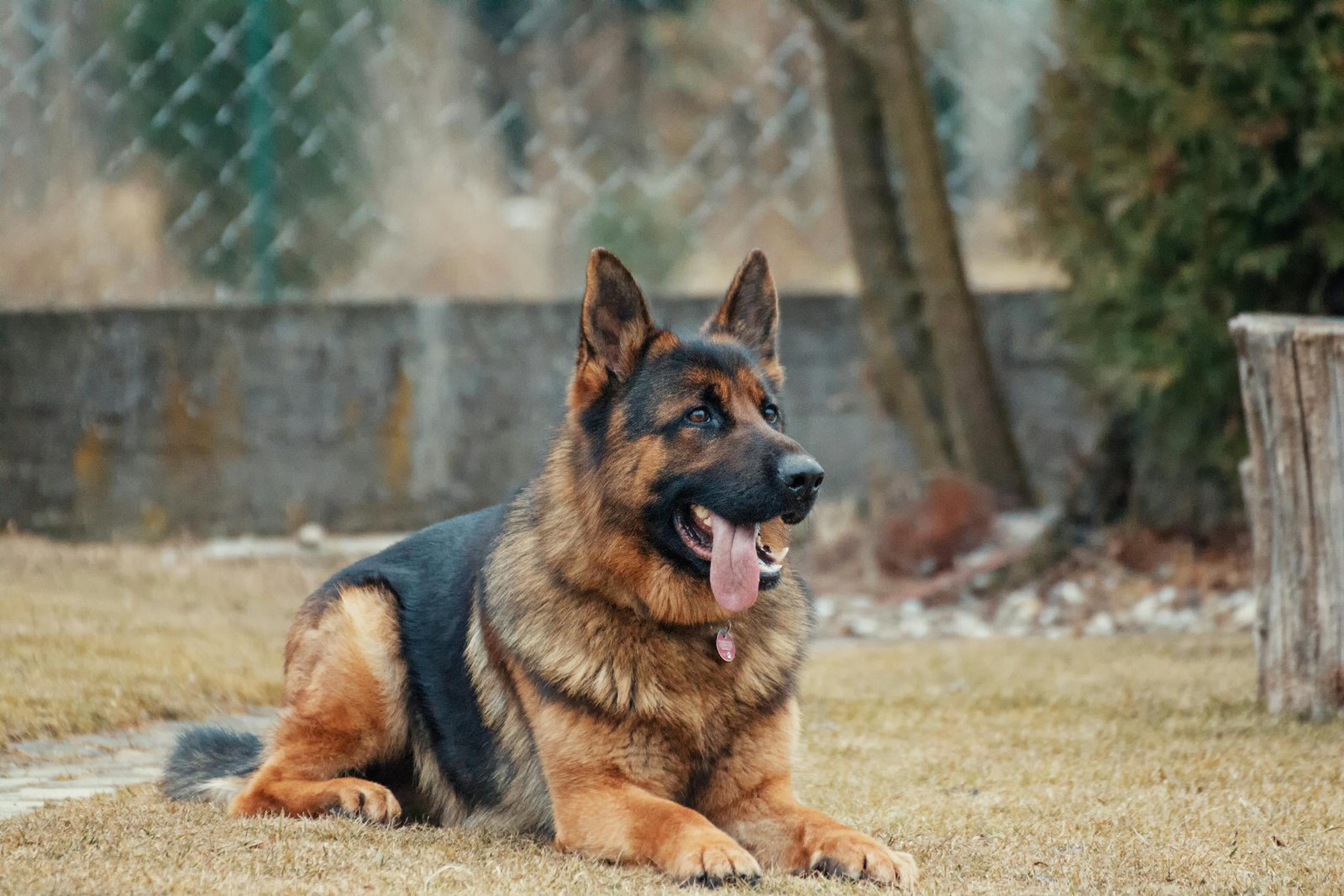
German Shepherds are one of the most renowned breeds for service dogs. They are known for their trainability and ability to perform a variety of tasks to assist individuals with disabilities.
German Shepherds have a strong work ethic and excel in roles such as guide dogs, assistance dogs for those with autism or physical disabilities, and even as therapy animals. These intelligent canines have a powerful bond with their owners and are highly responsive, making them perfect candidates for various types of service work.
German Shepherds also have the right temperament and size to be effective in public settings where they may need to perform specific tasks or provide support to their owner.
Overall, German Shepherds are exceptional service dogs, thriving on their strong work ethic, deep bond with their handlers, and natural abilities that make them well-suited for these important roles.
Standard Poodle
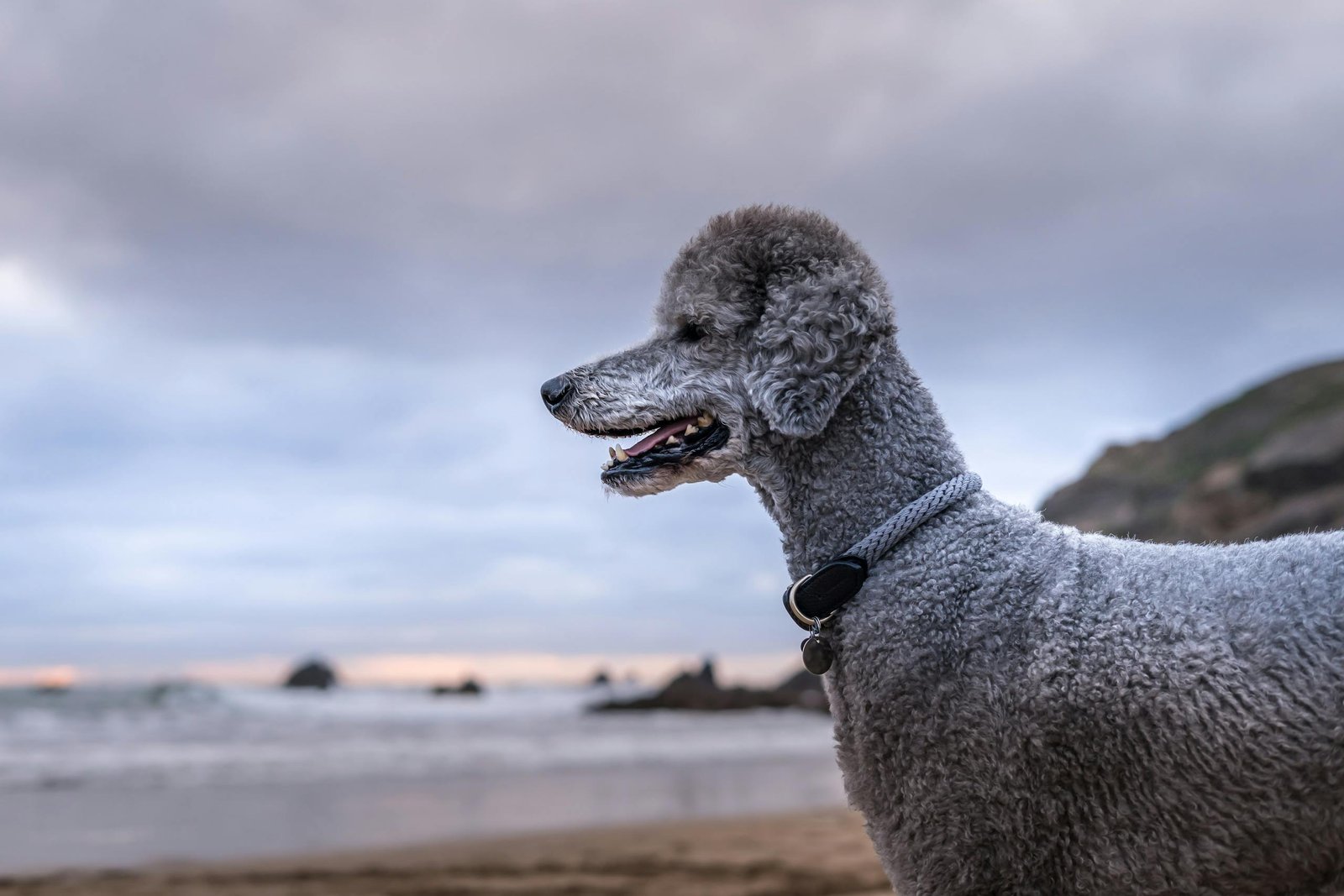
The Standard Poodle is one of the most popular breeds for service dogs. These intelligent and responsive canines serve as guide dogs for individuals with disabilities.
While Labradors and Golden Retrievers are also common choices, the Standard Poodle’s trainability sets it apart. Labradors may be more common, but Standard Poodles have a unique combination of traits that make them ideal for this type of work.
Their size, temperament, and love for their owners make them top performers in the service dog world. Standard Poodles excel at tasks such as guiding those with physical or mental disabilities, assisting individuals who are blind or autistic, and providing emotional support to those in need.
They have a powerful bond with their owners and will perform their duties with dedication and care. In addition to being excellent service dogs, Standard Poodles are also beloved companions in many households.
Their intelligence, trainability, and size make them ideal pets for families looking for a loyal and loving canine friend. Overall, the Standard Poodle is an exceptional breed that excels in both service work and as a beloved family pet.
Whether you’re looking for a reliable guide dog or simply want a furry companion by your side, the Standard Poodle will meet your needs with grace and devotion.
Boxer

Boxers are one of the most popular dog breeds for service work. They are known for their trainability and ability to perform a variety of tasks, making them perfect companions for individuals with disabilities.
Boxers have a very loving temperament and are well-suited to being guide dogs or ESA animals. Their size is ideal for many types of service work, as they are not too large or too small.
Boxers also have a strong sense of loyalty to their owners, making them excellent partners in public settings where assistance may be needed. In addition to their physical abilities, Boxers excel in mental tasks, such as guiding those with autism or other mental disabilities.
Their intelligence and willingness to work make them top performers in the service dog world. Overall, Boxers possess all the traits necessary to be successful service dogs—from their lovable nature to their trainability and dedication to helping others.
If you’re looking for the best breed for your specific needs, consider adding a Boxer to your life as a loyal companion who will always be by your side when you need them most.
Best Breeds for Specific Tasks or Conditions
| Task/Condition | Recommended Breeds | Traits |
|---|---|---|
| Guide Dogs for the Visually Impaired. | Labrador Retriever, Golden Retriever. | Intelligent, Trainable, Calm. |
| Hearing Dogs. | Golden Retriever, Cocker Spaniel. | Alert, Responsive, Friendly |
| Mobility Assistance. | German Shepherd, Boxer, Labrador Retriever. | Strong, Loyal, Responsive. |
| Diabetic Alert. | Standard Poodle, Labrador Retriever. | Keen Sense of Smell, Intelligent, Trainable |
| PTSD and Mental Health Support. | German Shepherd, Boxer, Labrador Retriever. | Protective, Loyal, Calm |
| Allergy Detection | Standard Poodle | Hypoallergenic, Intelligent, Responsive. |
Expert Insights
Choosing the right service dog breed involves considering the specific needs of the individual and the unique traits of the breed. Here are some expert insights to help you make an informed decision:
Training and Socialization: Training and socialization are crucial aspects of service dogs. Labrador Retrievers are one of the most common breeds used for training, as they are eager to learn and are well-suited for assisting individuals with disabilities. Labradors make excellent companions and guides, especially for those with physical or mental disabilities.
German Shepherds are another popular breed known for their trainability and ability to work well in various tasks. They excel as guide dogs, helping individuals who are blind or have autism. Their strong work ethic and intelligence make them a top choice for many owners seeking a reliable service dog.
Golden Retrievers also shine in service dog training because of their loving nature and eagerness to please. They can assist individuals with a range of disabilities, from physical limitations to mental health conditions like PTSD.
Collies, such as Border Collies, are known for their herding instincts but also excel in service roles. These intelligent dogs can be trained to perform specific tasks that help their owners navigate daily life more easily.
Poodles may be small, but they pack a punch by being effective service dogs. Their high trainability makes them perfect candidates for tasks such as guiding individuals with visual impairments or providing emotional support as an ESA (Emotional Support Animal).
Overall, choosing the right breed is essential when considering a service dog’s training needs. Each breed has unique traits that can benefit individuals with different disabilities or requirements. By selecting a breed that aligns with your specific needs, you can ensure that your service dog will perform at its very best while providing you with the love and support you deserve.
Temperament: Choosing the right service dog hinges on temperament. Labrador Retrievers, with their responsive nature and knack for aiding those with disabilities, stand out. They’re exceptional as guide dogs and adept at tasks like retrieving items or offering support.
German Shepherds shine in service work too, thanks to their loyalty and dedication. They excel in guiding visually impaired individuals or assisting those with physical challenges.
Golden Retrievers, beloved for their friendly demeanor, make ideal emotional support animals (ESAs), providing comfort during tough times.
Poodles are another outstanding option; their intelligence allows them to assist with mobility issues or alert owners to medical emergencies efficiently. Their small size makes them versatile for both public settings and home care.
When selecting a breed, consider its unique traits alongside your lifestyle needs to ensure a successful partnership between you and your service dog.
Health Considerations: Ensuring the health of your beloved Labrador Retriever is vital. Known for their trainability and companionship, Labradors are prone to specific health issues like hip and elbow dysplasia, obesity, progressive retinal atrophy (PRA), and exercise-induced collapse (EIC).
Regular exercise, a balanced diet, and vigilant veterinary care are key to maintaining their well-being. Partner with a vet who understands this breed’s unique needs.
By staying informed and forward-looking about these common concerns, you can keep your furry friend healthy and happy throughout their life.
Size and Strength: When evaluating service dogs for size and strength, certain breeds shine. Labrador Retrievers are favorites due to their trainability and knack for aiding individuals with disabilities. Their friendly nature makes them excellent companions and helpers.
German Shepherds impress with their versatility, excelling in tasks from guiding the blind to supporting those with physical limitations.
Golden Retrievers stand out for their gentle temperament and eagerness to assist, forming strong bonds with their owners while performing tasks like retrieving items or offering emotional support.
Collies, including Border Collies and Australian Shepherds, are renowned for their intelligence and work ethic. They’re ideal for herding livestock or assisting individuals with autism or other mental health conditions.
Poodles may be small but are incredibly smart and eager to learn, making them top choices as emotional support animals or guide dogs.
In a nut shell, Labrador Retrievers, German Shepherds, Golden Retrievers, Collies (including Border Collies and Australian Shepherds), and Poodles excel as service dogs thanks to their blend of size, strength, and exceptional trainability.
Conclusion
Labradors shine as top service dogs, renowned for their trainability and loyalty. Their keen intelligence makes them ideal for guiding the visually impaired or assisting those with autism and physical disabilities.
German shepherds also excel in navigational tasks due to their sharp intellect and efficiency. Other breeds, like collies, poodles, boxers, and even pugs, can be trained to support various health conditions. Each breed offers unique traits that cater to specific needs.
When selecting a service dog, consider factors like temperament, size, and compatibility with your lifestyle. Labradors stand out for their eagerness to work alongside humans while being perfectly sized for public spaces.
Whether you need a guide dog or an emotional support animal (ESA), there’s an ideal breed ready to enhance your daily life.

